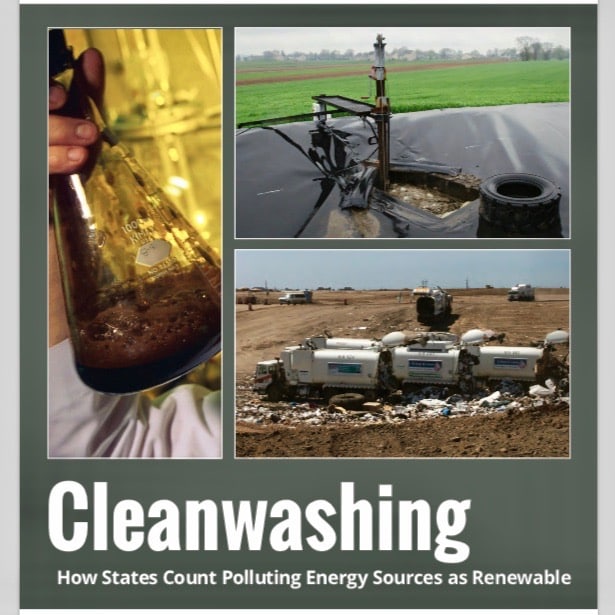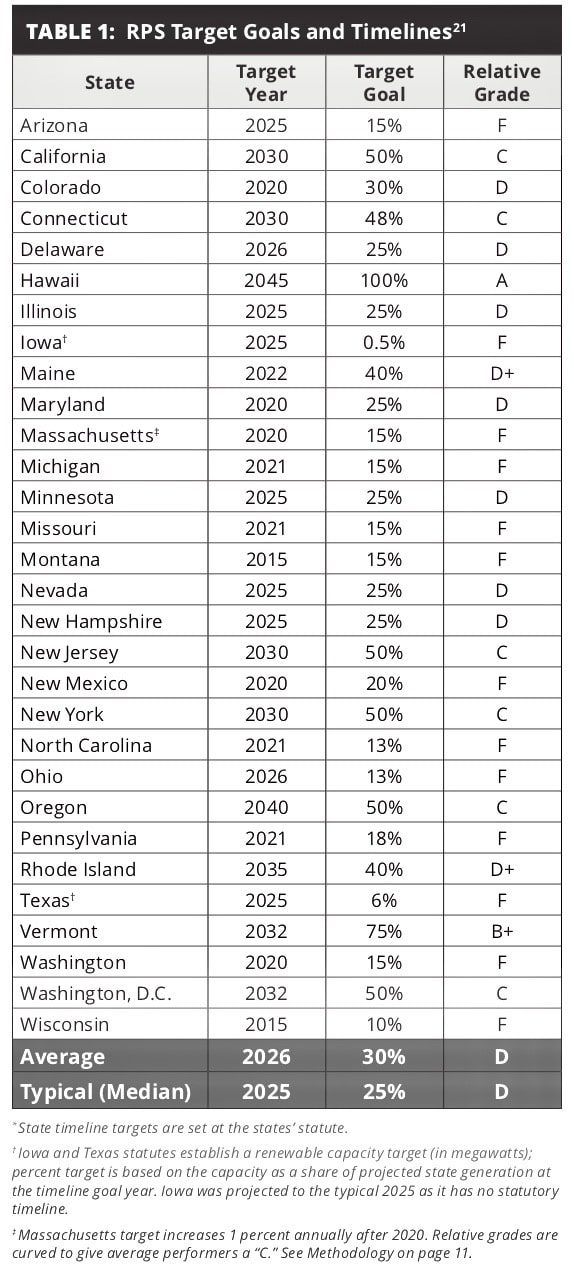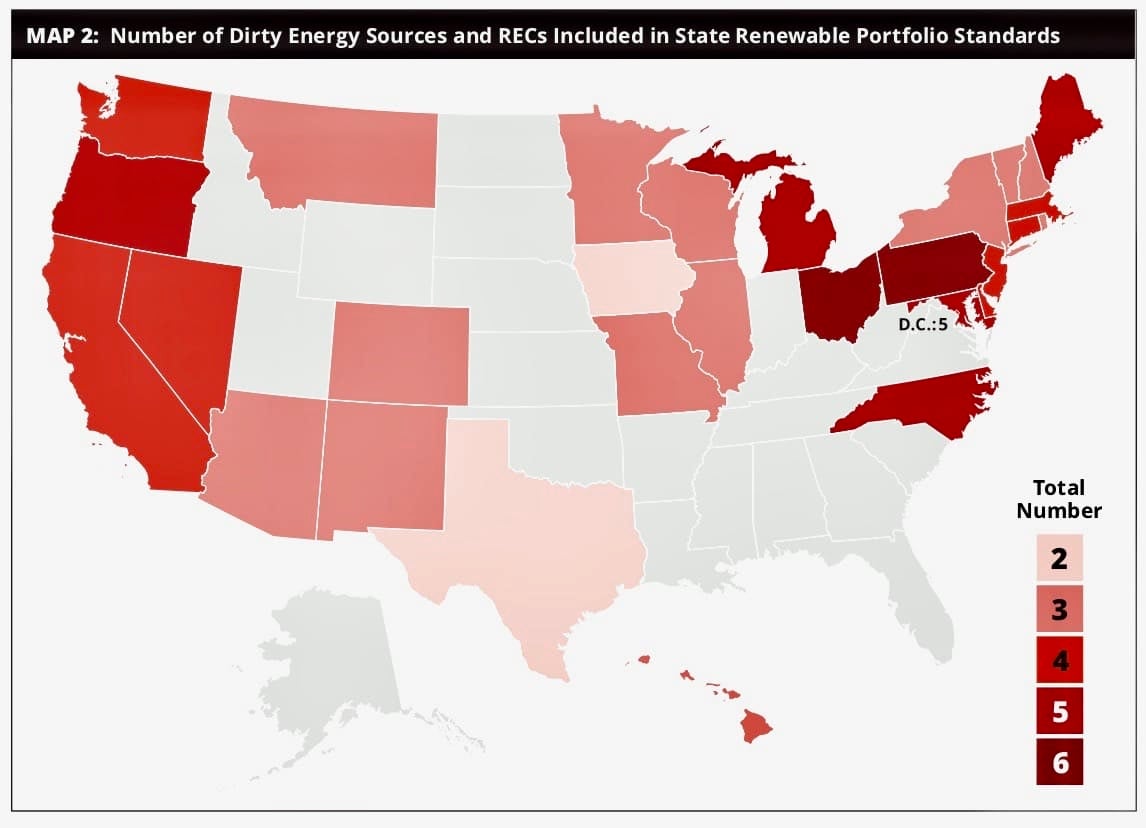Food & Water Watch: Rhode Island counts filthy energy as clean, renewable power
A new report from Food & Water Watch demonstrates how Rhode Island considers energy sources such as waste methane burning and wood burning as “renewable,” and it includes the processes in its Renewable Portfolio Standard (RPS) clean energy initiative. The study looked at 29 different state renewables programs and “awarded report card grades based on the cleanliness and quality of
July 24, 2018, 3:25 pm
By Uprise RI Staff
 A new report from Food & Water Watch demonstrates how Rhode Island considers energy sources such as waste methane burning and wood burning as “renewable,” and it includes the processes in its Renewable Portfolio Standard (RPS) clean energy initiative. The study looked at 29 different state renewables programs and “awarded report card grades based on the cleanliness and quality of each RPS package.” Grades ranged from B- to F. Rhode Island received a D.
A new report from Food & Water Watch demonstrates how Rhode Island considers energy sources such as waste methane burning and wood burning as “renewable,” and it includes the processes in its Renewable Portfolio Standard (RPS) clean energy initiative. The study looked at 29 different state renewables programs and “awarded report card grades based on the cleanliness and quality of each RPS package.” Grades ranged from B- to F. Rhode Island received a D.
“Simply put,” writes Food and Water Watch, “the evaluation finds that in Rhode Island, “renewable” energy does not mean clean energy.”
In addition to identifying dirty energy sources in the state RPS program, the Food & Water Watch evaluation also included an analysis of the program’s ambition and timeline regarding a full transition to 100 percent renewable energy as soon as possible. Rhode Island’s RPS plan calls for achieving 40 percent renewable energy by 2035. This target was factored into the state’s D rating.
 “Counting filthy energy as clean, renewable power is a cynical, hazardous ploy to reward polluting industries while avoiding the real work required to transition Rhode Island to a real clean energy future,” said Wenonah Hauter, executive director of Food & Water Watch. “We know that truly clean, renewable energy sources like wind and solar are cheaper than ever, and building out these industries would create scores of good jobs. So what are Governor Gina Raimondo and state leaders waiting for?”
“Counting filthy energy as clean, renewable power is a cynical, hazardous ploy to reward polluting industries while avoiding the real work required to transition Rhode Island to a real clean energy future,” said Wenonah Hauter, executive director of Food & Water Watch. “We know that truly clean, renewable energy sources like wind and solar are cheaper than ever, and building out these industries would create scores of good jobs. So what are Governor Gina Raimondo and state leaders waiting for?”
Rhode Island’s RPS plan includes three different sources of dirty energy: wood burning, waste methane/biogas, and renewable energy credits (RECs). Rhode Island allows utilities to purchase RECs instead of producing actual renewable energy, while continuing to generate the same amount of fossil-fueled electricity.
RPS programs require utilities to purchase or generate a minimum percentage of electricity from renewable sources. Stronger programs would provide a serious boost for the continued growth of clean energy, since these state RPS mandates account for more than half of all domestic renewable energy growth since 2000. As the report finds, states are already meeting – or exceeding- their current goals, which demonstrates the ability and the need to act more aggressively.
You can read the full report here.
UpriseRI is entirely supported by donations and advertising. Every little bit helps:
![]()






